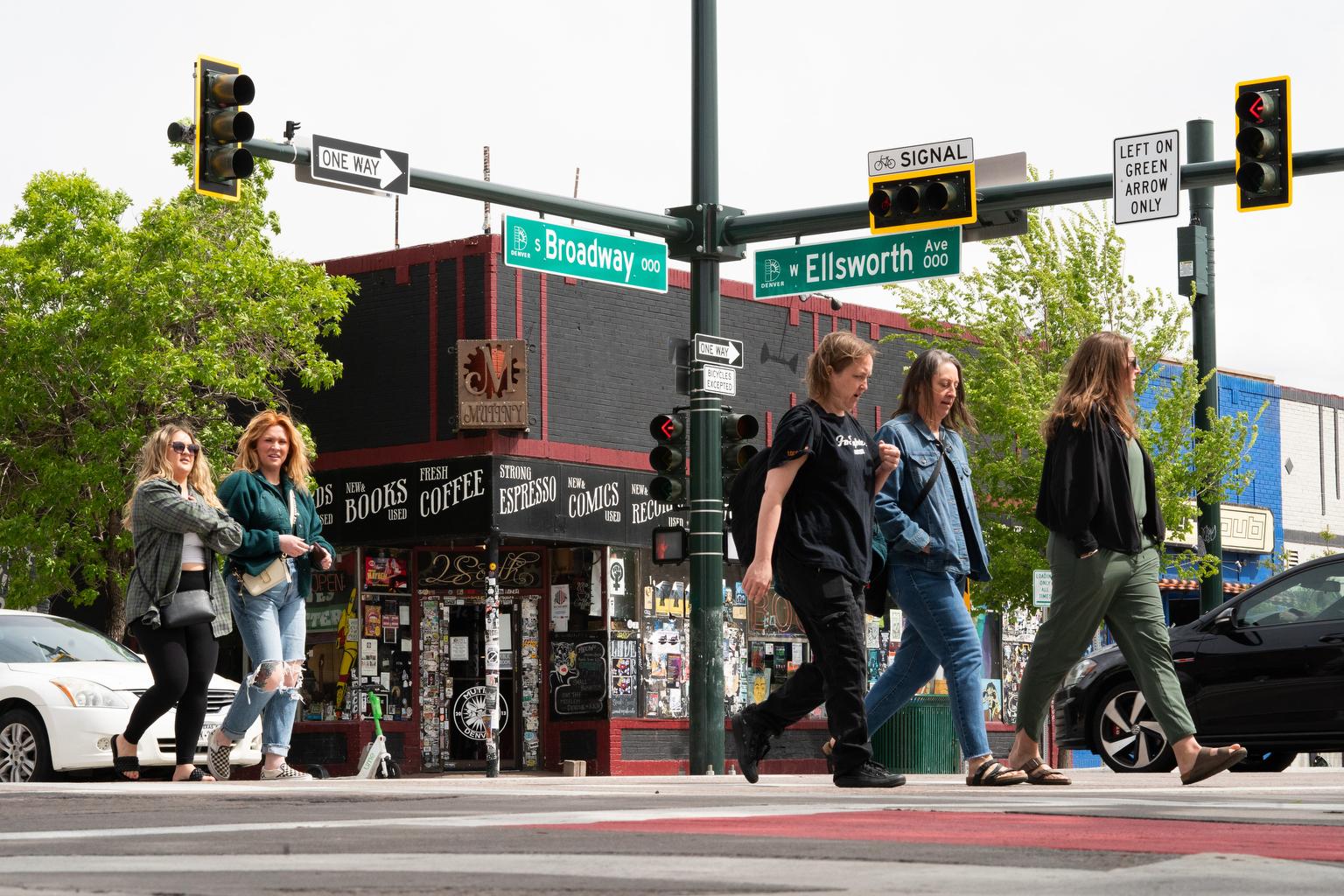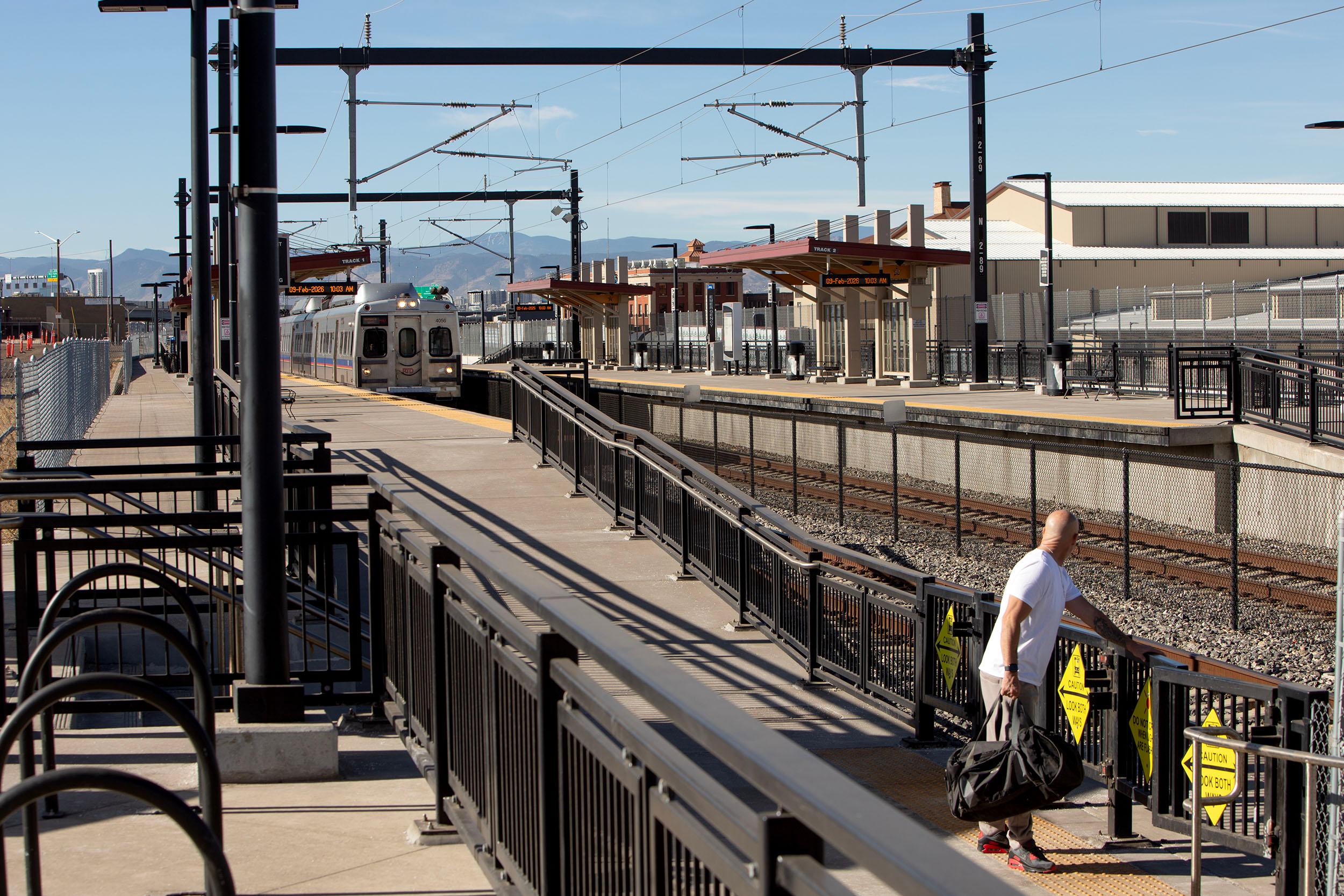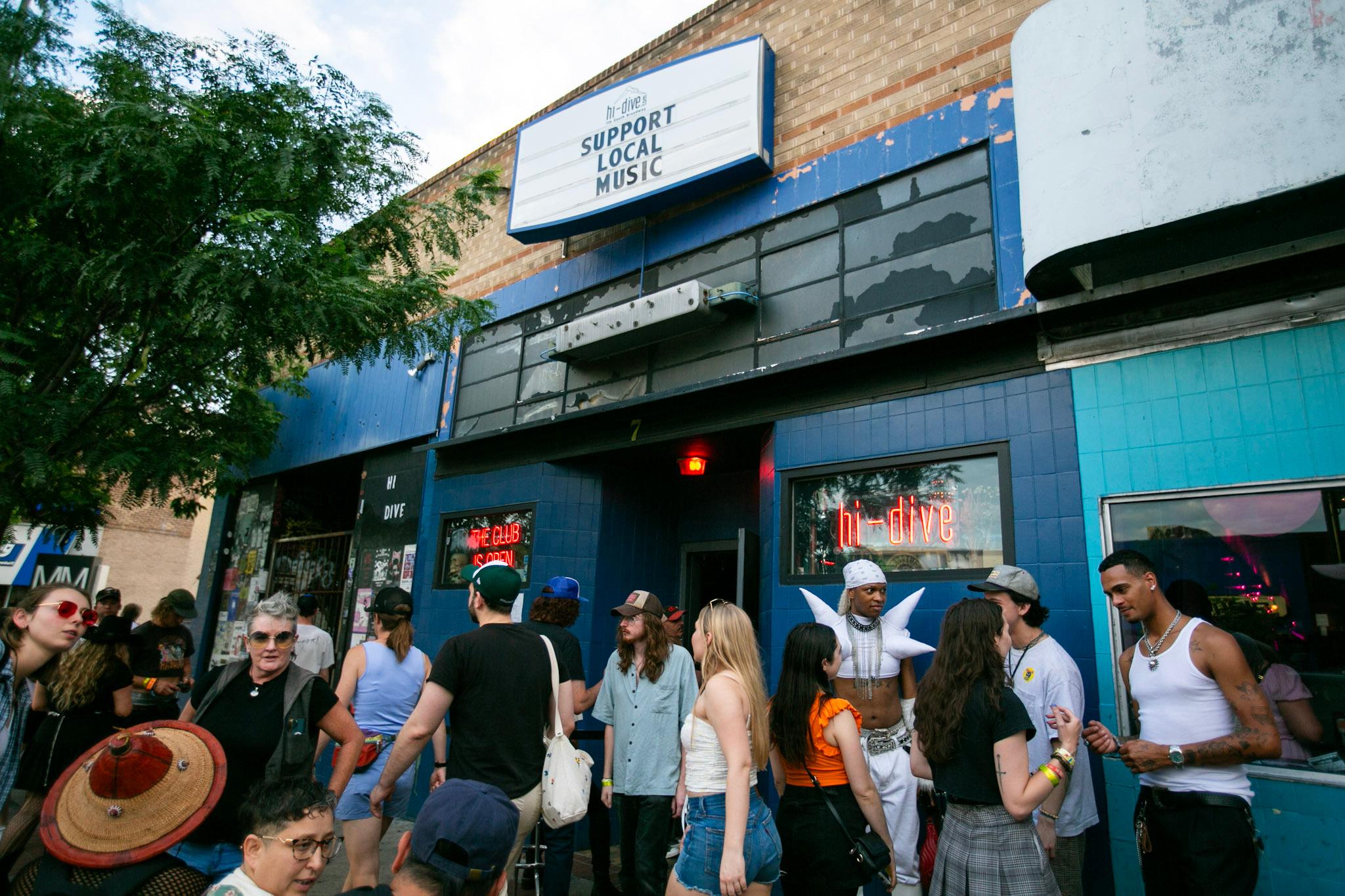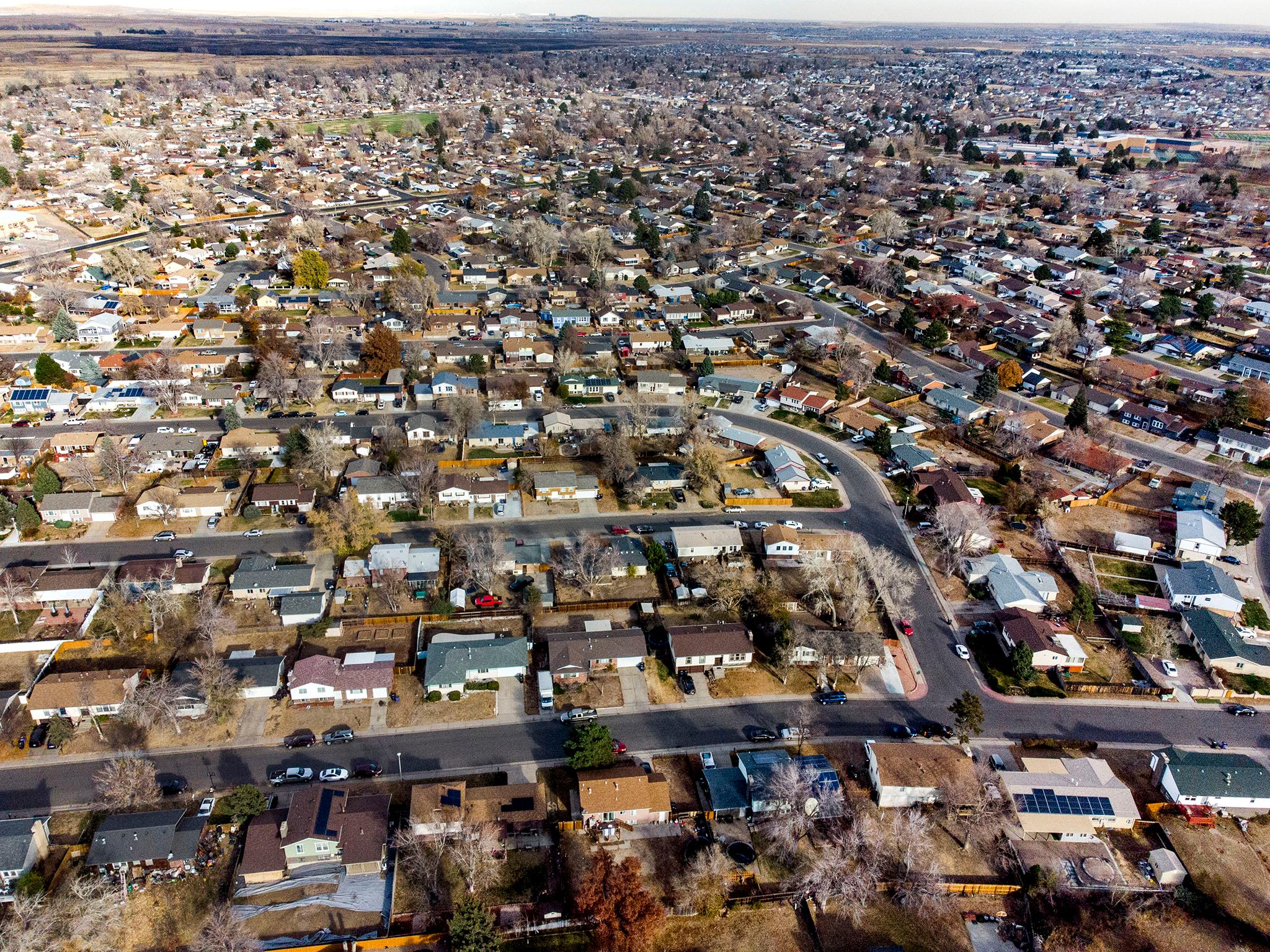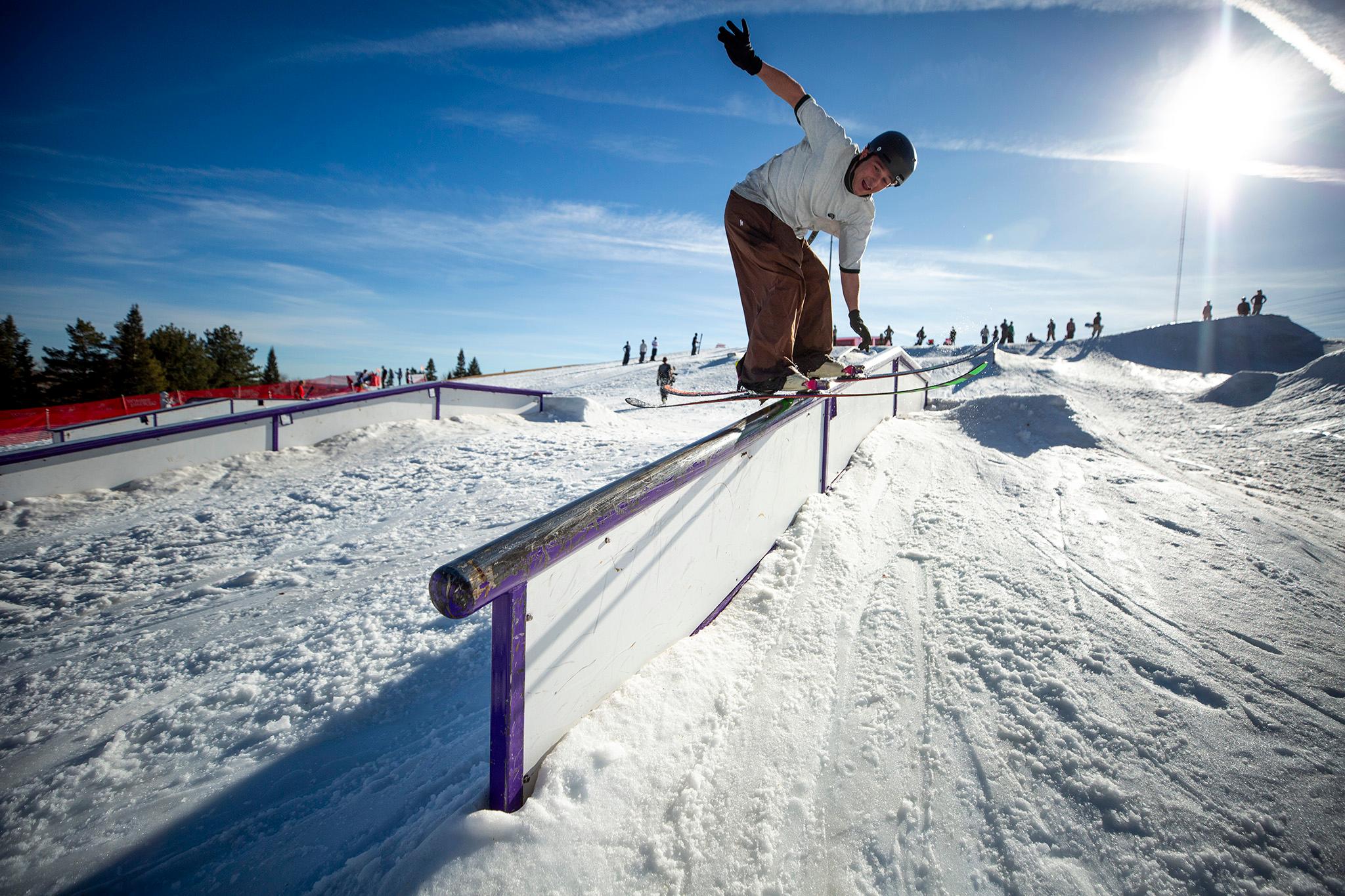It’s official: Residents and property owners along Broadway will decide whether to form a special taxing district this November.
The effort to create a general improvement district (GID) on the strip took a significant step forward on Monday, with the Denver City Council agreeing to put the measure on the fall election ballot.
If it’s approved by voters in the area, the GID would collect extra property taxes along Broadway and spend them on services like private security, neighborhood marketing and beautification.
Supporters of the plan say they want to build a better future for the popular corridor, while some criticized plans for a private security force.
The proposed Broadway GID would cover a strip of Broadway from 6th Avenue south to Interstate 25, a distance of almost 2 miles. The area includes popular attractions like the Mayan Theater, numerous thrift shops, apartment buildings and more.
The district would collect an extra tax rate of 8.96 mills on the assessed value of property in the area — raising about $1.1 million annually.
For a commercial property worth $1 million, that’s about $2,400 extra per year under Colorado’s current tax rules. A $1 million residential property would see a hike of about $560.
Most people at Monday’s council meeting supported the proposal.
Nearby residents, workers in the corridor and fans of Broadway turned out in support of the GID.
Many said the corridor needs a GID to address public drug use and crime.
“Every day I see people using drugs on the street, passed out in the right of way,” said Caitlin Braun, who works along Broadway. “I've seen women both completely topless and bottomless walking up the street. I have seen autoeroticism more than once on the street. I pick up human feces, needles, and drugs off the street on a regular basis.”
GID organizers said a 24/7 private security force, similar to ones implemented by other improvement districts, would help keep streets clean and safe. But such security forces — sometimes called outreach or ambassador teams — have been criticized by homeless advocates, who say they often are less about support and more about kicking unhoused people out of neighborhoods.
Councilmember Shontel Lewis raised those concerns on Monday.
“Much of the stuff that I heard [about homelessness during public comment] unfortunately was really dehumanizing, and it was really sad as a council member to hear us talking about our neighbors in that way, in a way that just really lacked empathy and care,” Lewis said.
Jamie Giellis, a consultant for the GID organizers, said the Broadway GID plans to emulate the Ballpark District’s new “ambassador” program.
“They have daily briefings with the police, they have daily briefings with [the Department of Housing Stability] and the unhoused members in the community. They're working collaboratively,” Giellis said.
Only one member of the public spoke against the GID proposal — frequent Denver City Council attendee Jesse Parris, who said his experiences with the Five Points Business Improvement District have been poor.
“These things don't benefit the people that have traditionally called these areas home,” he said. “All they have done is made it easier for the gentrifiers to feel at home and at peace, so I would ask that you not vote yes on this.”
While all 12 council members present unanimously voted to approve the GID, some had questions about whether crime — which is a central focus of the plan — is the primary reason businesses are leaving the area, or if it can be attributed to other factors like high rent.
Councilmember Paul Kashmann was absent for the vote because he had to leave early, according to city staff.
What’s next for the GID?
The GID organizers still need to convince voters in the area to approve the plan this November. Those who own property or live within the GID boundaries, including renters, will be allowed to vote on the proposal.
A simple majority vote is needed for the GID to be approved for the next 10 years.
If approved, Broadway would join a select group of general improvement districts in a city dominated by business improvement districts, which operate under a similar model but only tax commercial properties.
The Broadway GID would be 1.5 blocks wide, covering buildings along the west side of Broadway and the entire eastside block between Broadway and Lincoln. Its borders would also include a small part of Alameda Avenue from Broadway to near Cherokee Street.

